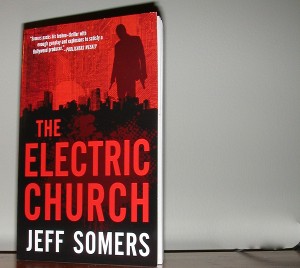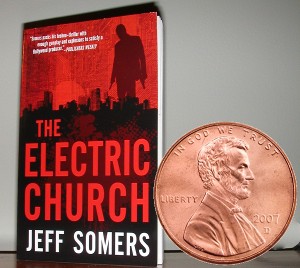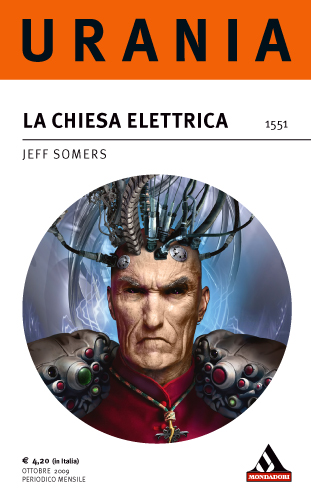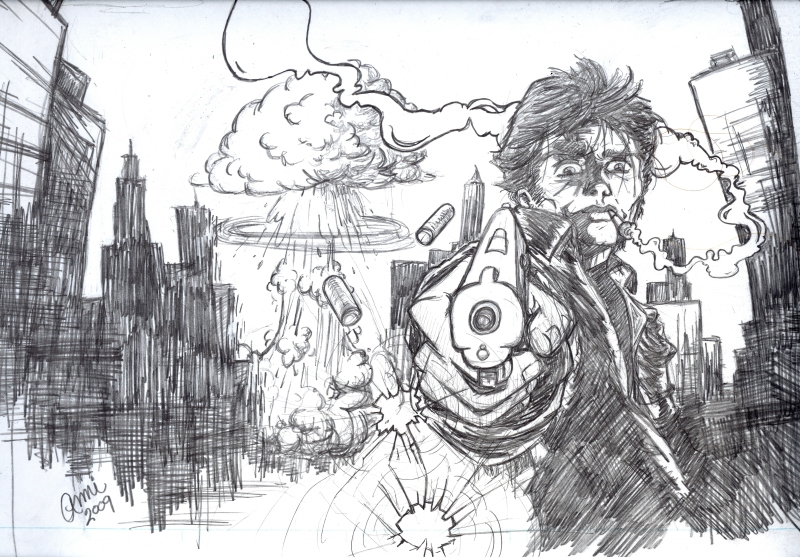Zombieland and Credit Sequences
Saw Zombieland this weekend with venerable Inner Swine Security Chief Ken West, who asked me not to publicly associate with him but screw it, if you have dinner with me you’re in the blog, just the way it is. It’s a fun movie, and definitely seems to represent the complete deconstruction of zombie movies, so I’m not sure we’ll be seeing too many zombie-oriented horror movies for a while. I really enjoyed it, but I was really, really impressed with the opening titles.
I’m something of an opening titles whore; sometimes I like them a lot more than the movie itself, and I’m always annoyed when films just put words on a blank screen. I mean, here’s a few minutes of dead space for your movie – do something with them! Every now and then a movie does something really interesting with those opening moments, and I am filled with joy. For Zombieland, it was a stylish sequence, using Metallica’s For Whom the Bell Tolls, some nifty slow motion, fun superimposed titles that were treated as physical parts of the world (a’la Watchmen, in a way), and some increasingly ridiculous zombie apocalypse scenarios (for hilarious example, I would give you the Father-Son Three-Legged race, with 3 sets of zombie fathers and sons chasing one screaming uninfected father-son team).
This opening sequence got me so jazzed the rest of the movie both benefitted from my exhilarated state of mind, and suffered – on the one hand the goodwill the credits bought made me love the movie more, on the other the rest of the movie couldn’t live up to the fun of the first two minutes no matter what. It got me thinking about my love of credits sequences, and of course I did a bit of Googling and naturally millions of folks have thought about this way before me – there’s even this nifty blog, Art of the Title Sequence.
Some of my faves that stick with me are:
Se7en, of course, now a classic example that I still get shivers from.
Dawn of the Dead 2004, the first movie that made m e think of title sequences as separate from the movie, because I think the opening and closing titles of this film are so far superior ot the mediocre remake they enclose it’s ridiculous. The opening/closing credits are genius. They could have made a middle sequence of the same length and sensibility that told the mall story and this would have been the perfect fifteen-minute horror movie, of which there are far too few.
e think of title sequences as separate from the movie, because I think the opening and closing titles of this film are so far superior ot the mediocre remake they enclose it’s ridiculous. The opening/closing credits are genius. They could have made a middle sequence of the same length and sensibility that told the mall story and this would have been the perfect fifteen-minute horror movie, of which there are far too few.
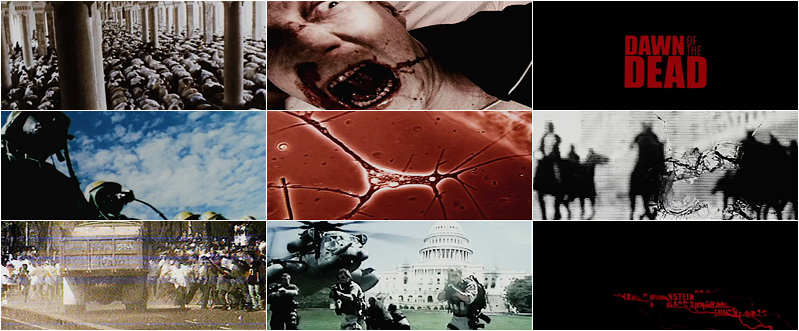
Watchmen, of course. I hadn’t read the comic before seeing the movie, and these credits are so wonderfully explanatory and stylish, and the choice of Dylan’s music so inspired, I can still watch these and be incredibly entertained.

There are probably others I’m just not thinking of. These sequences are like prologues and epilogues to a book, if you think about it – an opportunity to flesh out the backstory and add some nonlinear elements to the story. They can set a tone for the film before the film even starts, and when handled well can improve the entire experience. Unlike standard credit sequences, which might inform but definitely do not entertain.

